By Marge Roberts, BSN MSHP DAHom
I practiced nursing for over 30 years and am also educated in homeopathy and acupuncture. Along with my husband, I spearheaded a non-profit for many years, consisting of both allopathic and alternative practitioners and laypeople who supported the acceptance of both approaches. Through these experiences I was asked many times, both in the allopathic world and the alternative world, ‘how do I make sure my doctor is competent and knows what s/he is doing?’
Many believe that if a practitioner is licensed, such as an allopathic physician, then the practitioner is safe and competent. Only alternative unlicensed practitioners must be evaluated and scrutinized. This is not true. As people become more informed, they realize that a diploma, license or certificate does not in itself equal competence or experience. Verify that the document is legitimate and not a counterfeit, and realize that the document is only one aspect in the evaluation of your practitioner.
What can you do to help assure that you are in reliable hands? It’s not easy; it requires some work. YOU must become the keeper of your health. You should work in partnership with your practitioner, but you must take the ultimate responsibility. You, better than anyone, can ‘feel’ when you are not well. Don’t let your feelings be discounted simply because your tests are considered ‘normal.’ Pay attention to your body and its symptoms, responses and sensitivities.
You have only one patient to study and concentrate on; your practitioner has many. Study your disease or condition. What is known about the cause from both the allopathic and alternative perspectives? Learn how the diagnosis is made, the usual as well as the unusual treatment approaches. Read the latest research, both from medical journals and studies from alternative sources as well. Study the medications, supplements or homeopathics usually recommended for the condition. Check out chiropractic, massage, hypnosis, acupuncture, naturopathy and Ayurvedic medicine. What are the least toxic treatments with the fewest side effects? This information is readily available to you through the internet or public library. But, beware, everything you read on the internet is not factual.
Study the different types of practitioners. What are the strengths and weaknesses of each? In what diseases or conditions are these practitioners effective? Do they consider the whole person? Are they complete in themselves or contribute as a complement? For example, you may utilize allopathic services for diagnostic testing, but obtain your primary health care from an alternative practitioner. You may supplement with perhaps yet another provider such as a massage therapist.
Before considering surgery or drug therapy, ask about less invasive or less dangerous options and get a second opinion. Before consenting to diagnostic testing, especially invasive procedures, ask about its risks and how the information gained by the diagnostic test will benefit you in guiding your decision-making or change the treatment plan. Make sure there’s a good reason to subject your body and pocket book to the procedure.
Armed with this knowledge, you can become a more discerning consumer of healthcare. When choosing a practitioner, ask a lot of questions. If the practitioner depicts a “I’m the doctor, do as I say and don’t ask questions” posture, find another practitioner. Ask friends or a trusted practitioner for referrals of practitioners who have experience and success with your health issue. Keep in mind, however, that some practitioners will simply refer you to a friend and have no knowledge of their actual competency. Ask the potential practitioner for references. Ask about their success, their prices, their personality and their philosophy of health and healing. Become an active partner with your practitioner and not a silent partner.
Beware of titles/certifications/affiliations/licensure; they can be impressive, yet deceptive. Ask what titles mean and what was required to earn the title. A certification or diploma may mean they attended a weekend course or they attended years of in-depth training. A license doesn’t mean a person is qualified/trained/competent to perform a particular treatment, even though the law may allow him to do so.
Beware of misrepresentation of titles. I have observed non-MD practitioners call themselves doctors without making it clear that they are not medical doctors. Not only is this illegal but it is unethical. Do not trust a practitioner if they begin a relationship with deception. Membership in a professional association may mean nothing more than that the person has paid his dues.
Has their training equipped them to think and analyze or just memorize and regurgitate? Are they thinkers or do they just follow a path because it’s the accepted path? Although professional schools are known to lobby for practice standards requiring expensive training, one doesn’t need an Ivy League education to become a first-class practitioner. Likewise, expensive training does not automatically assure a first-class practitioner. Although much training for an independent learner/thinker can be done via computer or textbook, clinical experience is essential. I believe that apprenticeships with an excellent, experienced practitioner far exceed many classroom experiences consisting of memorization, which don’t develop critical thinking skills. Both formal and informal education, along with clinical experience, are important in creating a competent practitioner.
Experience is priceless. Ask how long your practitioner has been in practice. Ask how much experience they have had with your condition and their success rate. Ask whom they collaborate with. Have they had experience with real people or with textbooks? I can guarantee you that if someone asks me about a sick child, I refer them to a mother with several kids. They surely have more experience in this area than me, who has never had children nor worked in pediatrics.
Finally, listen to your body. Remember, your healthcare is your responsibility.

